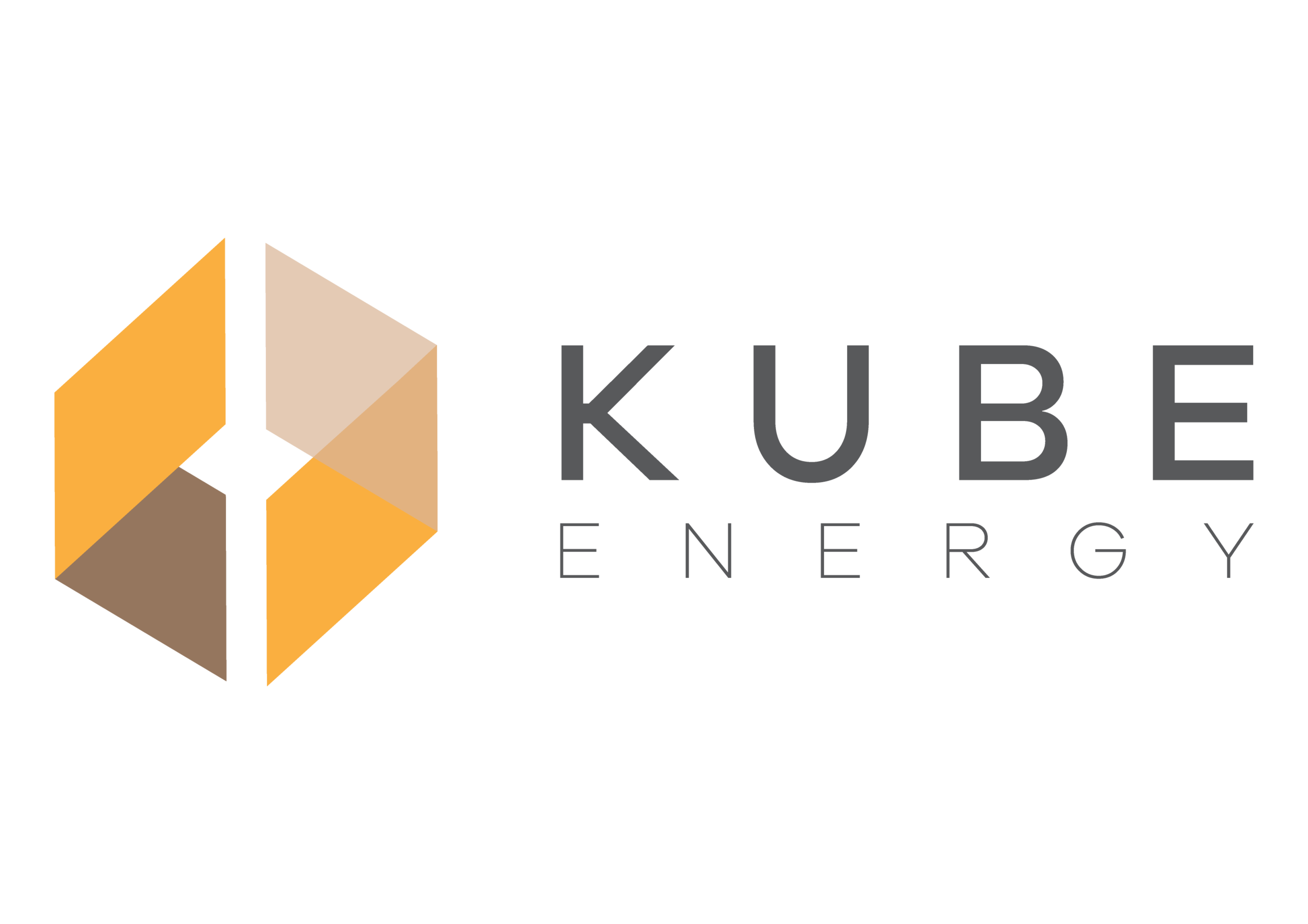Resources
A core motivation for establishing Kube Energy was to contribute to a sustainable future by improving access to renewable energy. A key part of this work is to increase awareness to both challenges and opportunities. We will regularly post reports and other relevant information on this page.
REPORT: ENVIRONMENTAL AND SOCIAL IMPACT ASSESSMENT KUBE ENERGY SOMALIA, BAIDOA SOLAR PV PLANT
The Environmental and Social Impact Assessment (ESIA) evaluates the environmental and social impact of the planned power plant in Baidoa in order to improve its environmental and social performance, and to identify any potential negative impacts early in the planning process so that they can be prevented or mitigated.
REPORT: RENEWABLE ENERGY & UN PEACEKEEPING: UNTAPPED POTENTIAL IN THE DRC
The report assesses the untapped potential of renewable energy transitions by international field operations in the DRC, particularly MONUSCO, and the positive benefits for the communities they are deployed to serve. This report is the second country case study published by Powering Peace Project — the joint initiative between Energy Peace Partners and the Stimson Center focusing on helping the UN to transition to renewable energy in field missions.
REPORT: renewables for refugee settlements
The report assesses four refugee settlements in Iraq and Ethiopia, proposing renewable energy solutions to provide clean, cost-effective and reliable energy to refugees and humanitarian organisations. Kube Energy led the implementation of the assessments and drafting of the report.
VIDEO: HOW HUMANITARIAN ORGANIZATIONS CAN BENEFIT FROM SOLAR
A video guide on how international organizations operating in humanitarian settings can transition their operations from diesel generators to clean solar power. Learn more at www.kubeenergy.com.
the solar energy HANDBOOK: a GUIDE to institutional solar for organizations working in humanitarian settings
The ELRHA/Humanitarian Innovation Fund, UK Aid and Kube Energy partnered to develop a guide to help international organizations working in humanitarian settings make more informed decisions about how to adopt solar energy. The guide provides an overview of technical solutions, financing and service based options available to organizations, and good practices for organizations starting this journey.
THE costs of fueling humanitarian aid
A Moving Energy Initiative research paper looks at the costs of fueling humanitarian aid. As humanitarian crises become more protracted and aid budgets face unprecedented scrutiny, agencies could save millions by switching from diesel and oil fuels to cleaner energy sources.
Most refugee and internal displacement camps are in remote locations, so humanitarian agencies consume large amounts of fuel on the transport of staff, equipment and goods such as food and water. Operations tend to rely on on-site electricity generation to power reception centres, clinics, schools, food storage, water-pumping and street lighting.
PowerING Ahead: Improving how we use and account for energy in humanitarian operations
This toolkit from the Moving Energy Initiative offers practical guidance for humanitarian agencies that want to make energy cost savings and reduce their carbon and emissions footprint. The toolkit is designed to accompany the research paper “The Costs of Fueling Humanitarian Aid” which provides insight into energy use in the humanitarian sector and demonstrates the case for change. It reveals the sector’s high dependence on diesel fuel and explores multiple areas in which efficiency improvements, changes in agency practices or investment in renewable energy would generate significant cost savings.
peace renewable energy credits
A research paper by Peace Energy Partners explores how Peace Renewable Energy Credits (PRECs) can facilitate high impact projects in fragile regions. PREC-supported energy systems have the potential to significantly decrease energy costs for international missions and local communities, advance the UN’s Sustainable Development Goals, introduce new renewable energy infrastructure, and better align the values of international humanitarian donors by extending green commitments to foreign aid spending.
heat, light and power for refugees: Saving lives, reducing costs
A research paper by Chatham House explores the state of energy use among refugee populations.. Drawing on open-source data, interviews and field surveys, this report offers the first global overview of the state of energy use among almost 60 million people forcibly displaced by conflict. It considers the mounting financial and human costs of their current methods of obtaining energy, and assesses the economic, environmental and human case for change.








